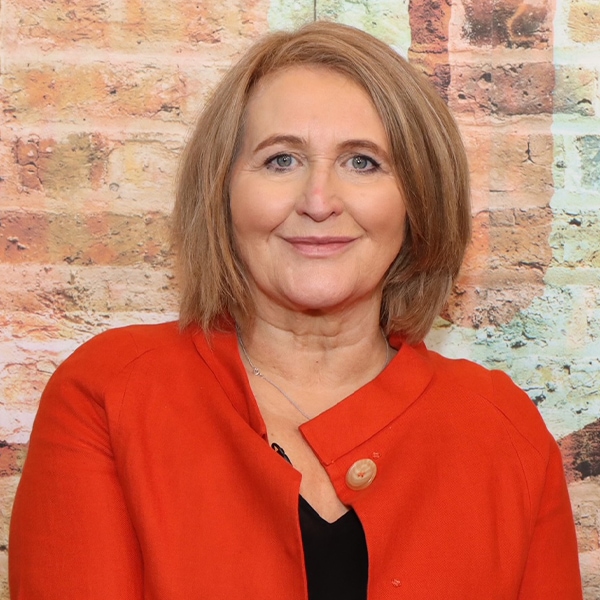
For most of us, twenty pounds is a takeaway, a round of drinks with friends or a taxi ride home. For a family with children on a low income, living week to week, often day to day, it can be the difference between being able to put on the heating when it's freezing or a parent having to miss meals so their children can eat.
I've worked with children and families on low incomes for over four decades. Most are in work, maybe even juggling more than one job. To them, the social security system can be a lifeline and a safety net - not because they are feckless or lazy, but because the job, or jobs, they have simply don't add up to enough of an income for their family to live on. For some families, hard work and tight budgeting just isn't enough - leading to tough choices, particularly during the pandemic.
This is why the Government's twenty pounds a week uplift in Universal Credit at the beginning of the Covid pandemic was essential. It was the right thing to do, and it will have certainly kept some children out of poverty and lifted others out of it altogether.
But it is also the reason that removing the uplift next month would be a disaster - particularly at a time when food is becoming more expensive, heating bills are about to go up, and the cost of living is running well ahead of many wage rises. The circumstances in which the uplift was introduced have changed, thankfully, but putting the clock back to March 2020 will mean returning some families back to the edge of financial crisis, while the aftershocks of the pandemic are still rippling around the economy.
There is one very simple fact that we cannot ignore - a cut in Universal Credit of £20 a week will mean more children and young people in poverty. One child growing up in poverty is already one too many, and there are millions of children in England whose families are very poor, who rely on UC and often the charity of others to stay above water.
We should not accept that this is either inevitable or normal. When I was Children's Commissioner for England, I never failed to be shocked when I saw food banks in schools. I am worried that cutting Universal Credit, even if comes alongside minor changes to the taper, will leave more families in deep financial trouble - more poverty, more school foodbanks, more children and young people at risk and vulnerable.
Of course, not every child growing up in poverty is destined for a terrible childhood or to fail as an adult. But to disregard the risk is to gamble with a child's welfare and future success, with sometimes terrible consequences.
Those working in children's social services talk daily about the children who are going into care, or on the edge of care, because their parents are too poor to look after them. Others talk about how poverty makes young people more vulnerable - increasing poor mental health, disrupting learning, and opening up the risk of being targeted by those who want to exploit and to do harm.
To think that poverty can be a gateway into entering the care system, exploitation or crime is profoundly distressing, like something from a bygone Dickensian era. But it is happening now, and we risk it becoming more prevalent the higher child poverty rises.
As the chair of the Commission on Young Lives, looking at how we can protect marginalised teenagers from becoming involved in gangs or being exploited, and supporting them to succeed in life, any rise in the number of children and young people in poverty is a cause for concern.
Far too many teenagers are already struggling with the lack of stability, poor and temporary housing, family strain, and diminished opportunities that poverty can bring. I am very worried that an increase in poverty will also lead to more young people entering care, putting enormous strains on the already shaky care system.
These are more likely to be the teenagers who are moved miles away from family and friends, or shunted around different placements, or put into unregulated accommodation with little in the way of support. It is often these young people who end up trouble with the law or the victims of the criminals who are so adept at spotting the very vulnerable This is the reality of having more young people in poverty and at risk.
I want the Commission on Young Lives to find solutions that stop the conveyor belt of vulnerable children who fall through the gaps and into trouble. We have to disrupt the appeal of gangs, and we have to disrupt their business models if we are going to succeed. The cut in Universal Credit will make that more challenging. It will leave more children vulnerable. And there is nothing that the ruthless criminals and gangs like more than vulnerable children.
Anne Longfield
Chair
Copyright Oasis 2023 • Privacy Policy